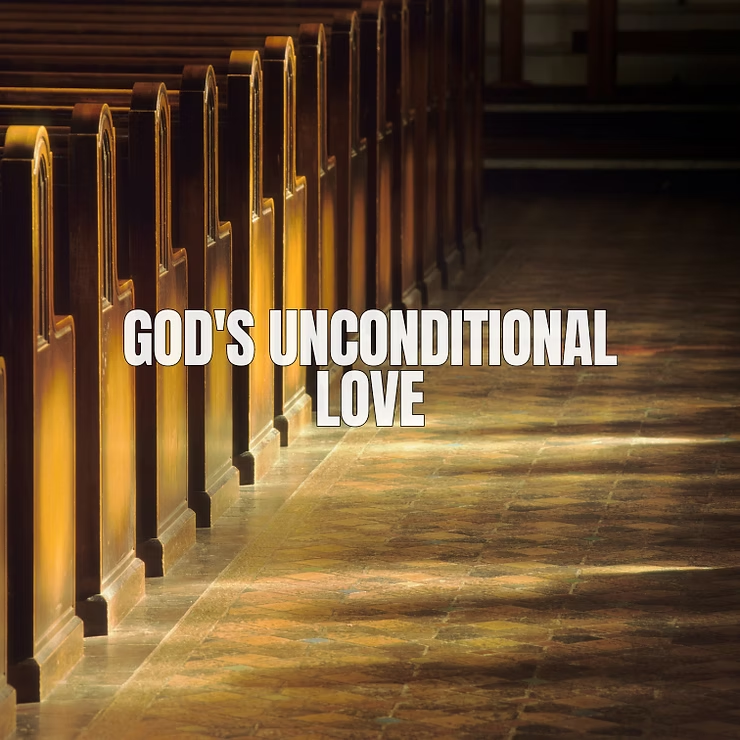The Radical Nature of God’s Unconditional Love
Unlike human love that fluctuates with circumstances, God’s love remains constant – a steadfast anchor in life’s storms. This divine love forms the foundation of Christian faith and identity.
Core Characteristics
- Unearned: Given freely, not based on merit
- Unending: Persists through failures and doubts
- Transformative: Power to change hearts and lives
Biblical Foundations of Divine Love
1. The Prodigal Son’s Homecoming
This parable reveals God as the father who runs to embrace wayward children, restoring dignity before repentance is even complete.
2. Christ’s Sacrificial Love
The cross demonstrates love’s ultimate measure – while we were still sinners, Christ died for us (Romans 5:8).
3. Daily Mercies
Lamentations 3:22-23 reminds us God’s compassions are “new every morning” – His love is renewable grace.
Experiencing Transformative Love
Pathways to Encounter
- Honest prayer: Bringing our true selves to God
- Scripture meditation: Letting truth shape our identity
- Communion: Remembering Christ’s sacrifice
- Nature contemplation: Seeing God’s care in creation
Breaking Barriers
Many struggle to receive unconditional love due to:
- Performance-based upbringing
- Cultural conditioning of earned worth
- Personal shame and guilt
Living Out Divine Love
Personal Transformation
When we internalize God’s unconditional love, we:
- Find security beyond achievements
- Extend grace to ourselves in failure
- Break free from approval addiction
Relational Impact
This love overflows into:
- Healthier human relationships
- Radical forgiveness
- Compassionate service
Echoing God’s Love in a Broken World
As recipients of unmerited grace, we’re called to become conduits of that same love – offering acceptance in a conditional world, being safe people for the hurting, and reflecting Christ’s light in everyday interactions.

